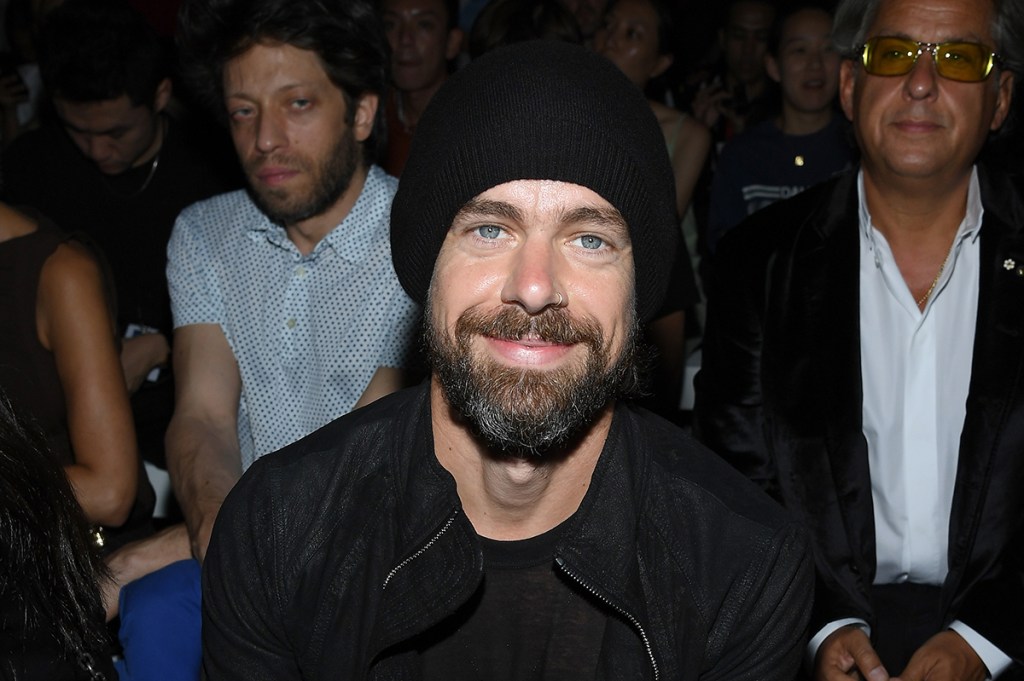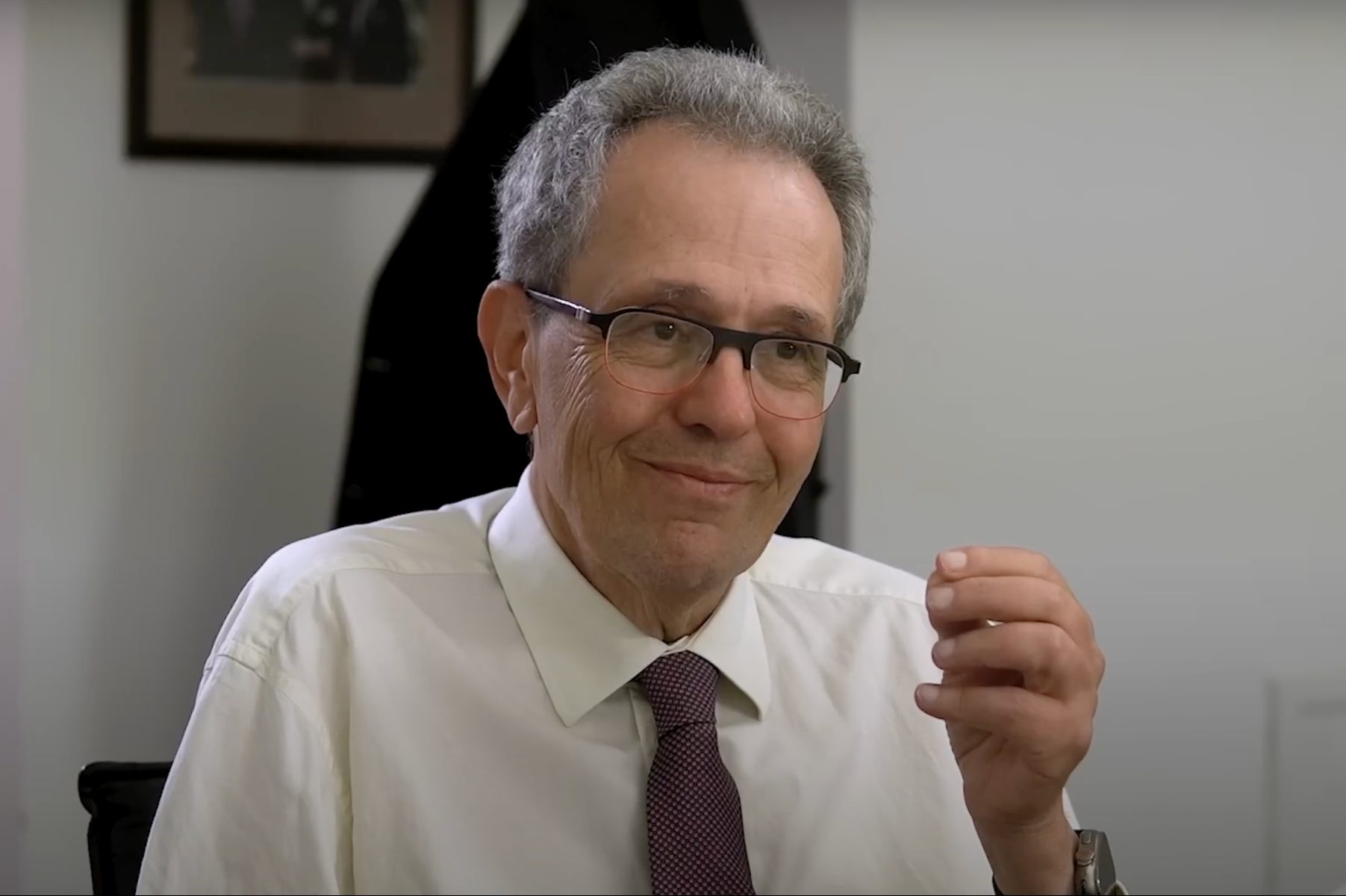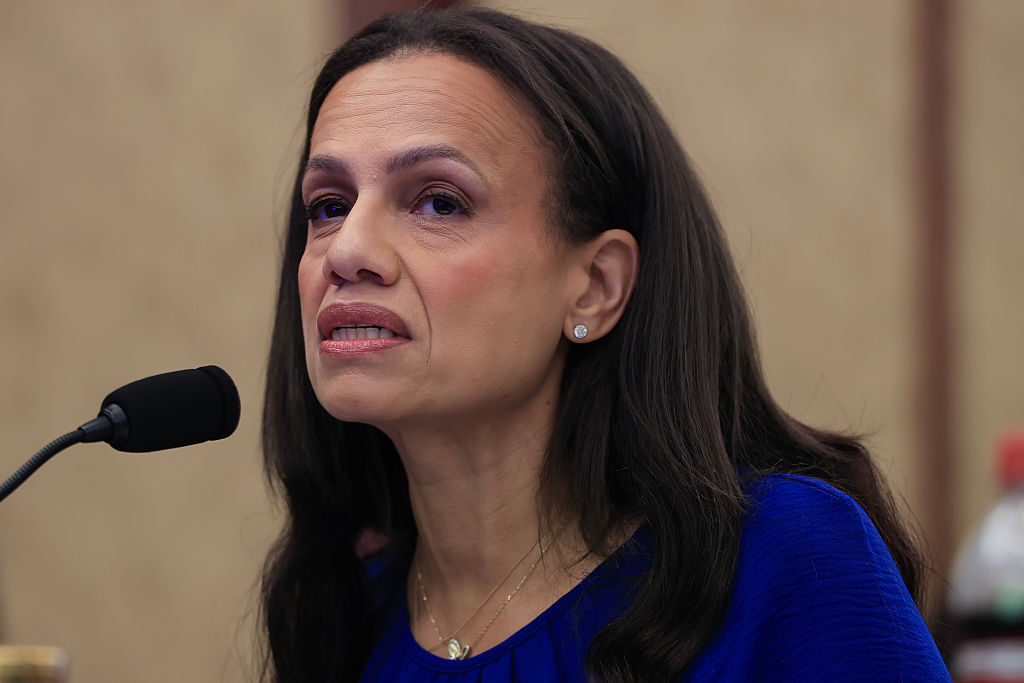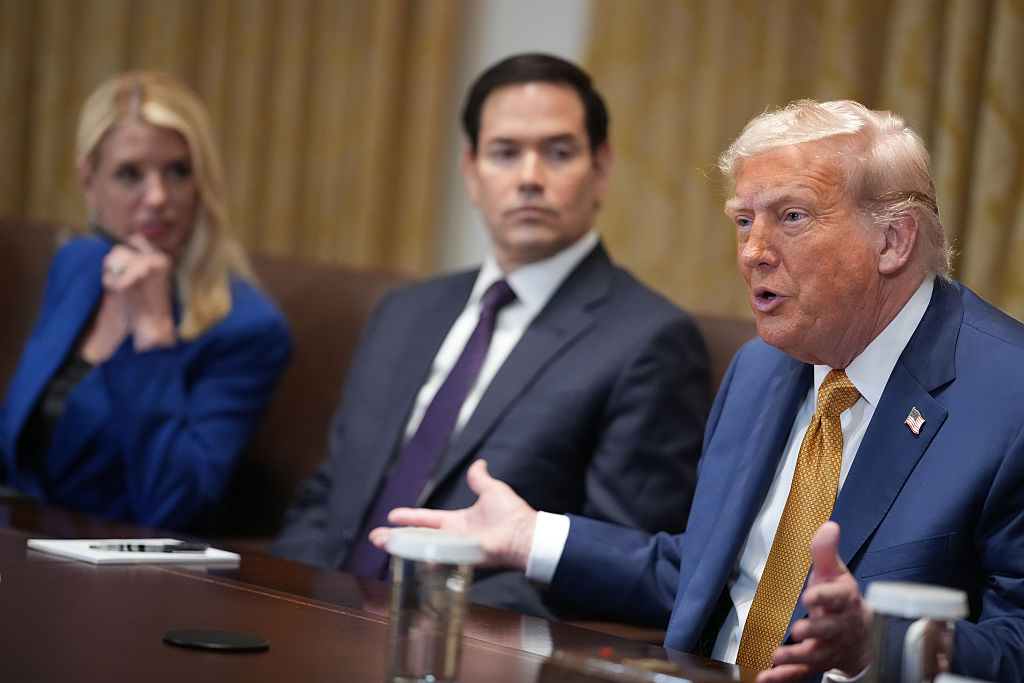Where is Jack? You know, Jack-the-Giant-Killer? The little fellow who caught the giant Cormaran in a deadfall and dispatched him with a pick-ax? Who strangled the giant Blunderbore and his brother? And who tricked the double-nobbed giant Two-Heads into stabbing himself?
I realize that today’s children’s books are less sanguinary, and some readers may need a refresher in the exploits of the Cornish boy who set things right back in a time when giants were in the habit of abusing their monopoly on size and strength. Jack made up in ingenuity and quick thinking what he lacked in brawn. And we could use his help right now.
For once again, we have a plague of giants. Giant Twitter. Giant Apple. Giant Facebook. Giant Google. As Jack knew, it is best to take on one giant at a time, and Giant Twitter right now has earned pride of place by canceling President Trump’s Twitter account and thereby denying him his most direct access to his legions of supporters.
Critics of the other Jack — Twitter CEO Jack Dorsey — have harrumphed that he ought to let the users of his social media service decide whether they can stand to read Trump’s opinions on ‘covfefe’ and other topics of the day. Dorsey, weighing the situation from a beach somewhere in French Polynesia, decided the dangers of such free speech on his platform were too great to endure. He would rescue us from ourselves by silencing our loquacious president — and others who wandered into the vicinity of agreeing with his now unmentionable sin, which consists of saying something that sounds like ‘correction prod’. We cannot hear about correction prod because the words possess a dark magic that turns people into lawless beasts.
That indeed appears to have happened. Some who hear the charmed words want to break into the inner chambers of stately buildings and nullify the Constitution. The charm works in reverse on others, who want to claim the stately buildings for their own exclusive use and nullify the Constitution. All of this is a bit confusing, but I get the idea that saying these words induces psychosis in otherwise peaceable people.
But where does Mr Dorsey get the authority to control our conversations? Who does he think he is, a college president? Has he mistaken the island in French Polynesia for Princeton University or Middlebury College? There are places that Americans have come to accept where it is inadvisable to think independent thoughts or to say disagreeable things. We call those places institutions of higher education, and it makes perfect sense that those who seek to explore the higher reaches (or the lower depths) of learning should be sheltered from the opinions of those who have not mastered the intricacies of critical race theory, intersectionality and other transcendental truths.
But until now we have held these sanctuaries of higher conformity to be places unto themselves, little Polynesian islands of blissful intolerance, so to speak, unperturbed by the raging storms of principled debate.
***
Get a digital subscription to The Spectator.
Try a month free, then just $3.99 a month
***
What Mr Dorsey has given us is the clear signal that the days of indulging public disagreement on who should rule are over. That, and no doubt a great many more matters, are to be regarded henceforth as settled, on pain of banishment from free society.
I admit that Mr Dorsey’s view is not especially novel. Would-be enforcers of orthodoxy have always been among us, but most of them unable to enforce. They are, to paraphrase Thomas Gray, Cromwells guiltless of their country’s blood.
But when you are a giant, such guiltlessness is unlikely to stay. Shutting down the free exchange of ideas is a short walk to unleashing passions a lot more destructive than broken windows. We will get the rule of Jack. The question is, which one?

























